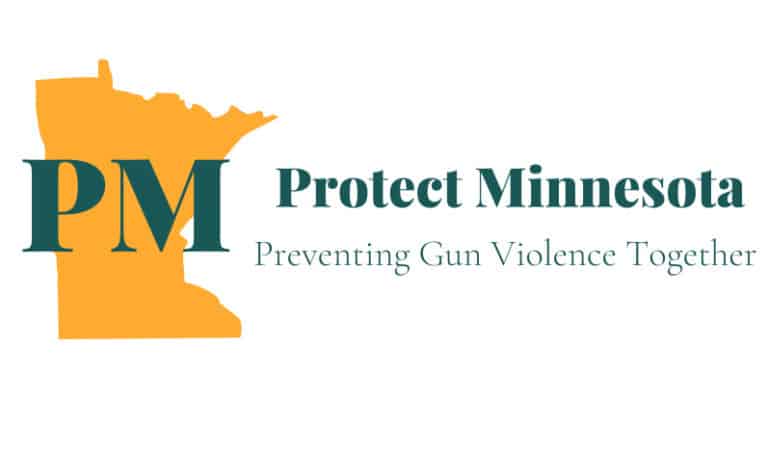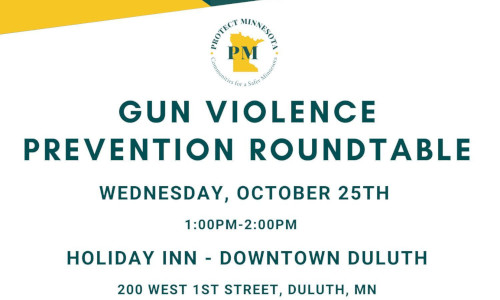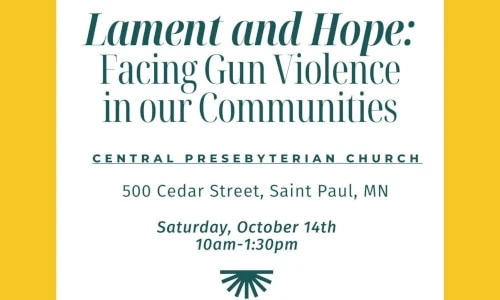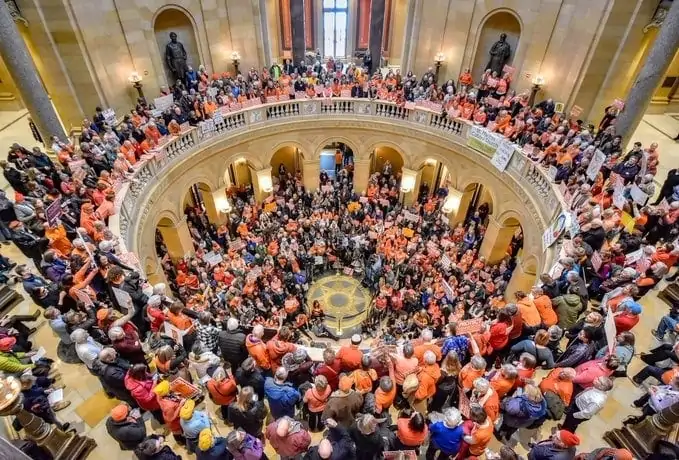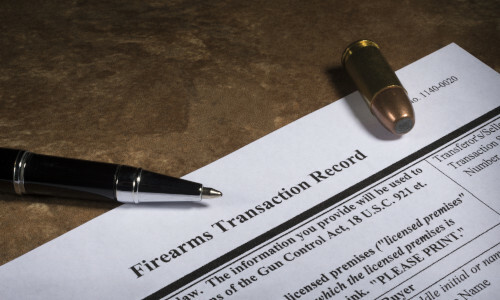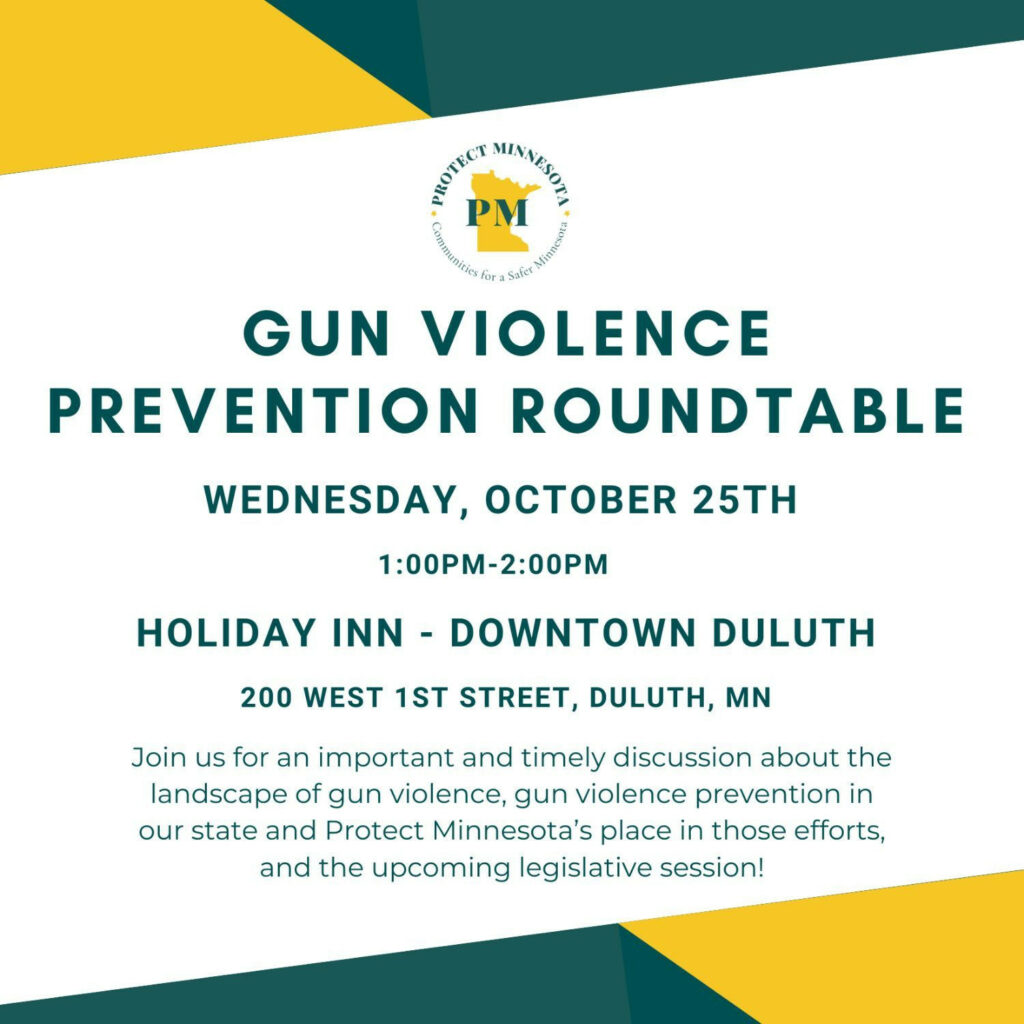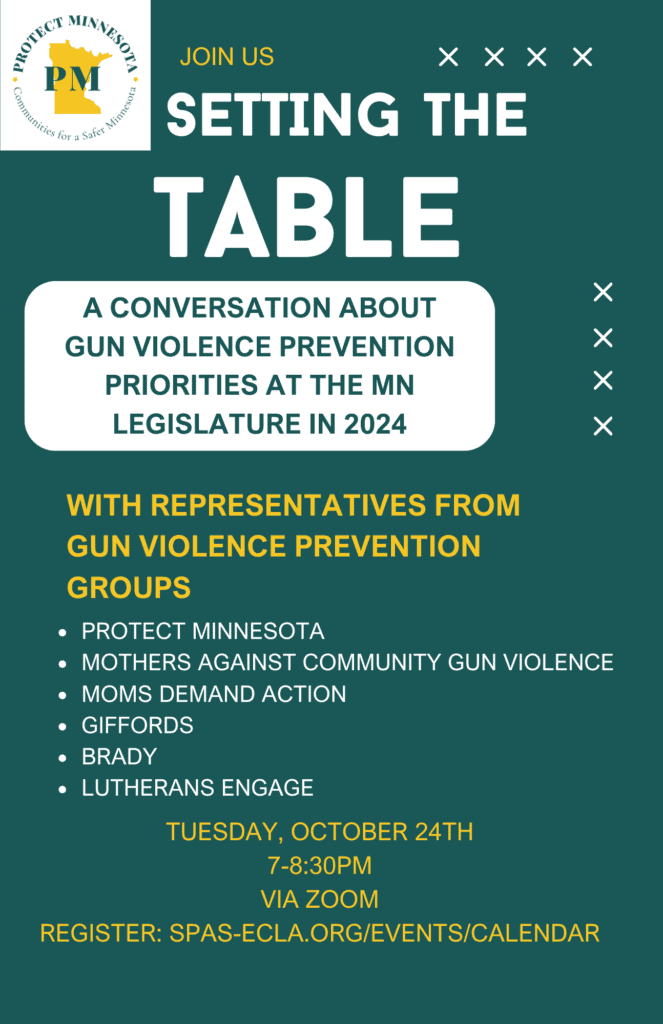This document was created by the Minnesota Judicial Branch. Download the PDF here.
What is an Extreme Risk Protection Order (ERPO)?
Effective January 1, 2024, Minnesota law allows certain people to request an order from the court to prohibit someone from purchasing or possessing a firearm. This type of order is called an Extreme Risk Protection Order (ERPO). Although the term is not used in the Minnesota law, laws that authorize these types of orders are often called “red flag” laws. An ERPO may be issued if a person poses a significant danger of bodily harm to others and/or is at significant risk of suicide if they possess a firearm.
There are two types of ERPOs: emergency ERPOs and long-term ERPOs. If a judge grants an emergency ERPO, it goes into effect right away and lasts for 14 days. A long-term ERPO can only be granted after a hearing. A long-term ERPO lasts between six months and one year.
Who can file a Petition?
A family or household member, a chief law enforcement officer, a city or county attorney, or a guardian can file a Petition.
A family or household member is one of the following:
- Spouse or former spouse
- Persons involved in a significant romantic or sexual relationship
- Parents or children
- Persons living together
Neighbors, co-workers, classmates, and acquaintances are not authorized to petition the court for an ERPO.
Is there a filing fee?
No, there are no filing fees for an ERPO.
What are the criteria for filing an ERPO Petition?
If a person poses a significant risk of bodily harm to others and/or is at significant risk of suicide if they possess a firearm, a chief law enforcement officer, prosecutor, or the person’s family or household members or guardian may petition the court for an ERPO. To obtain an emergency ERPO, the petitioner must show that the person presents an immediate and present danger of bodily harm to others or taking their own life.
How do I file an ERPO Petition?
Forms, including the Extreme Risk Protection Order Petition and instructions for filing, are be available on the Minnesota Judicial Branch website under Court Forms > Firearms. Additional information is available under Help Topics > Firearms.
If you are the person asking for an ERPO, you are called the “Petitioner” in the case, and the other party is called the “Respondent.”
You can start an Extreme Risk Protection case in the district court of the county where the respondent lives. As a petitioner, you may also request that the court allow you to appear virtually at all proceedings.
You are expected to put detailed information in the petition. If a hearing is scheduled, you will have the burden of proving by clear and convincing evidence that the respondent poses the risks listed in your
petition if they possess a firearm.
How do I file an ERPO Petition electronically?
If you are a Petitioner filing an Extreme Risk Protection Order case via the eFile and eServe (eFS) System,
- Select a Case Type of Civil-Other
- Select the filing codes:
- Petition for Extreme Risk Protection Order for the petition, and
- Firearm Information Form for that form as well as any firearm addendum.
For more information on filing electronically, visit https://www.mncourts.gov/eFile.
Can I keep my address or any part of this case confidential?
Generally, court files are open to the public, with some exceptions. When filing a Petition, you may ask that your address be kept confidential for this specific court case. Any addresses included in other court cases that are public will remain public.
How do I respond if an Extreme Risk Protection Order is filed against me?
If you are served with a Petition and/or ERPO, you may request a hearing if one is not already scheduled. If a hearing has been scheduled and you were given fewer than 5 days’ notice of the hearing, you can request a continuance.
At a hearing, it is the Petitioner’s (filer’s) obligation to prove by clear and convincing evidence that you pose a serious risk of bodily harm to others and/or are at significant risk of suicide if you possess a firearm. You have the right to present evidence at the hearing showing that you don’t pose those risks.
You can consent to the court issuing an ERPO if you agree that you present these risks if you possessfirearms. If you consent to the ERPO, there won’t be a hearing.
Where can I find more information about the law on Extreme Risk Protection orders?
Refer to Minn. Stat. §§ 624.7171 – 624.7178, Supreme Court Order dated August 8, 2023, and Supreme Court Order dated December 31, 2023 for more information.

